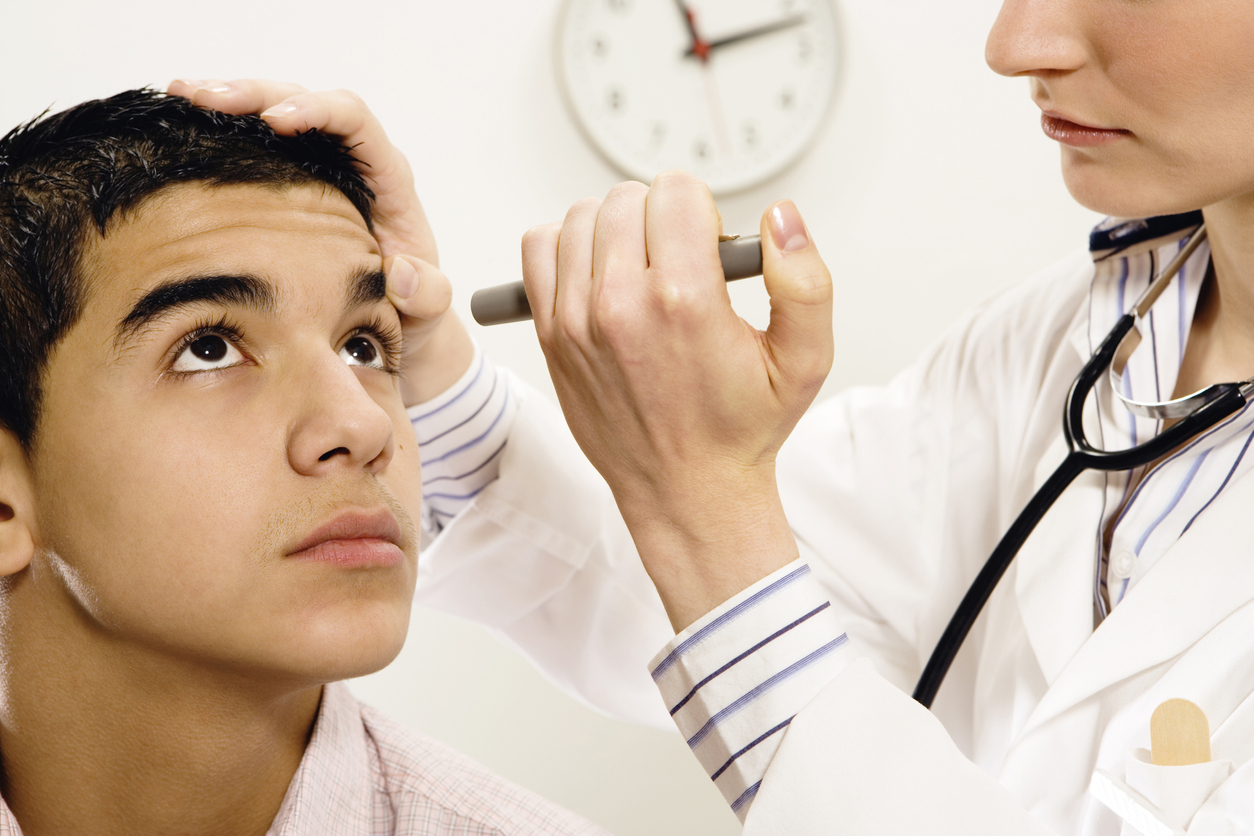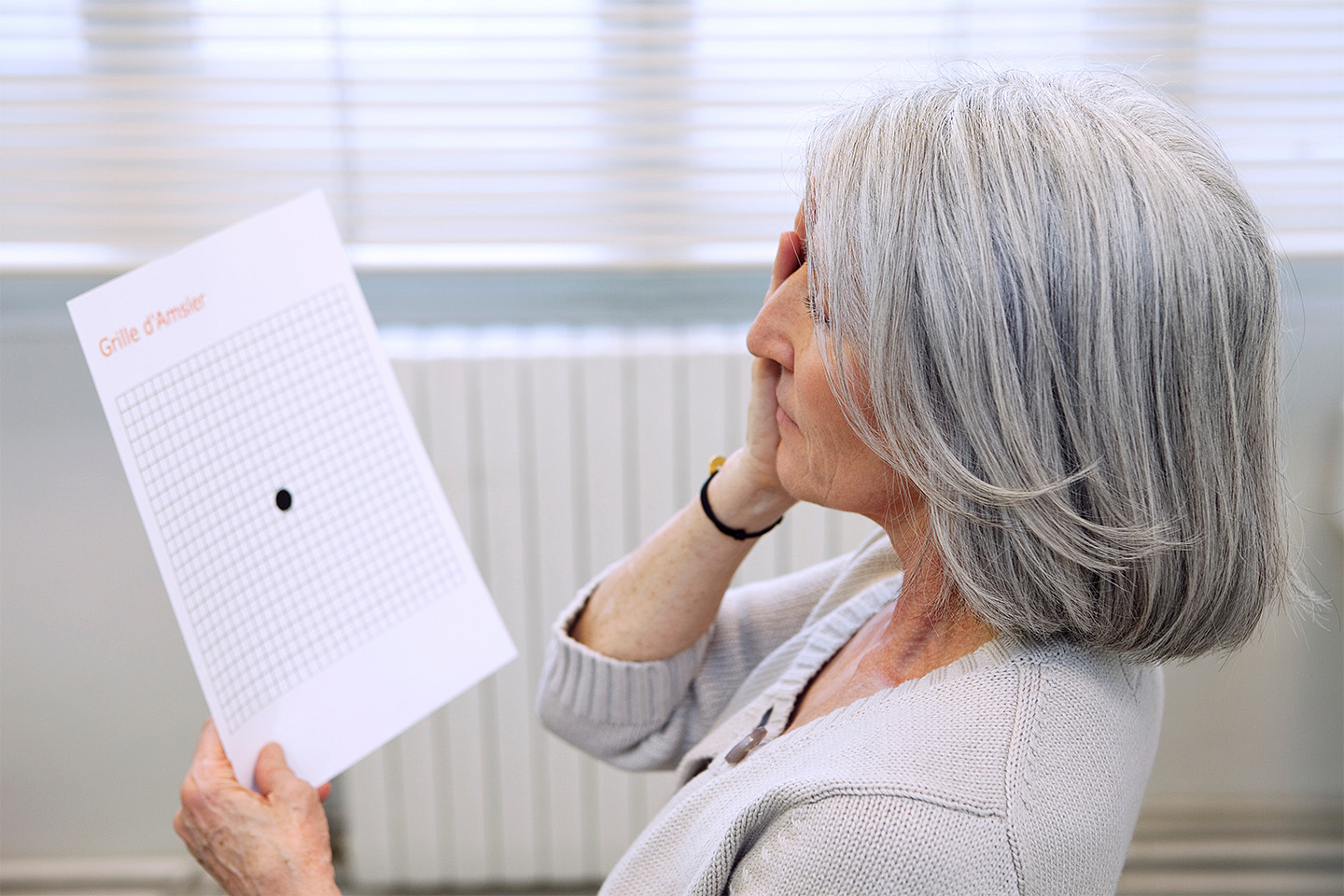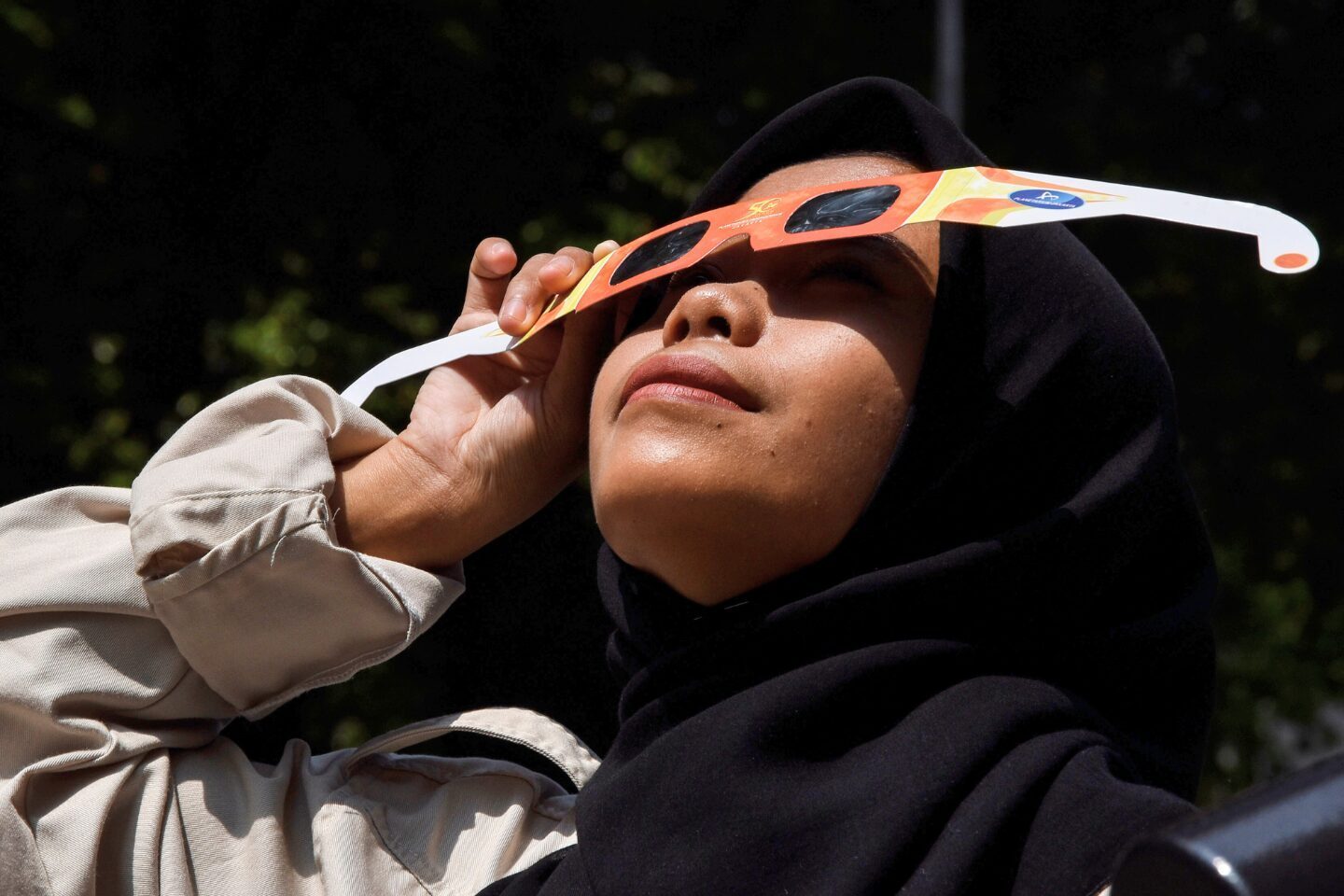Why You Should Visit the Eye Doctor at Least Once a Year

Your eye health is too important to risk. That’s why an annual visit to the optometrist is your best bet to keep your vision crisp and clear.
Although sometimes overlooked, eyecare is a crucial part of your overall health. Most people — especially those who wear glasses or contacts — benefit from visiting the eye doctor once a year, but patients with additional risk factors or complications may need to check in more often.
Regular visits are important for anyone whose vision is still in the process of changing. Checking in with the doctor means you’ll have a more accurate prescription, allowing you to see more clearly and avoid the eyestrain and headaches associated with weak prescriptions.
Even if your prescription stays consistent year in and year out, it’s still important that you visit the eye doctor regularly. First of all, it’s typically necessary in order to renew your prescription, even if it hasn’t changed. Most prescriptions don’t last beyond a year or two, so if you plan to order new contacts or glasses, you’ll need to have a new eye exam. Additionally, you may show early signs of an eye disorder like cataracts or glaucoma without realizing it. As eye diseases are most treatable early on, it’s to your advantage to undergo regular testing.
How Often Should I Have an Eye Exam?
Of the 61 million U.S. adults at high risk for vision loss, it’s estimated that only half visited the optometrist in the past year. While once a year is enough for most patients, those with severe vision problems or eye diseases will need to go more often.
If you have a family history of diabetes or glaucoma, or have experienced symptoms of these conditions, then it’s crucial that you make a plan with your doctor about how frequently you need a vision check. The same applies if your medication has any eye- or vision-related side effects. Finally, if you experience a sudden change in vision for any reason, that’s a sign that you should immediately seek medical attention.
Patients over 65 should be particularly vigilant about annual or even more frequent vision scans, depending on their health. Cataracts, glaucoma, and other age-related eye issues can occur rapidly, and you shouldn’t wait for your regular appointment if you notice any potential symptoms.
What to Expect from Your Eye Exam
Typically, you’ll meet with an optometrist for full eye services and they can refer you to an ophthalmologist for any serious conditions. During a comprehensive eye exam, you can expect a series of tests that evaluate your current prescription in each eye and check for signs of any eye diseases. This can include a visual acuity test, a refraction assessment, a retinal examination, a glaucoma screening, and more. Be aware that your optometrist will likely dilate your eyes with eye drops, so someone else may have to drive you home.
The doctors at Kleiman Evangelista Eye Centers of Texas encourage all patients to seek out regular eye exams. Our focus is on vision solutions, so we can help you understand your prescription and assess whether or not you may benefit from a corrective procedure like LASIK eye surgery.
Turn To The Top Eye Doctors In Texas
Check out one of our locations below for the best eye care near you:









